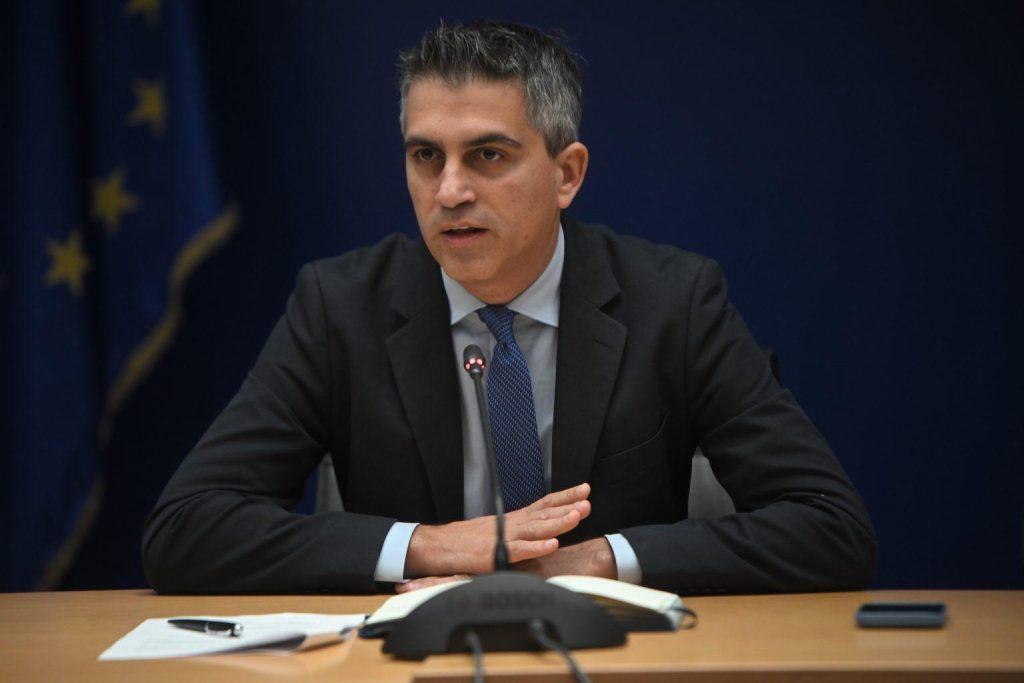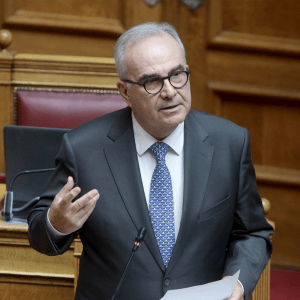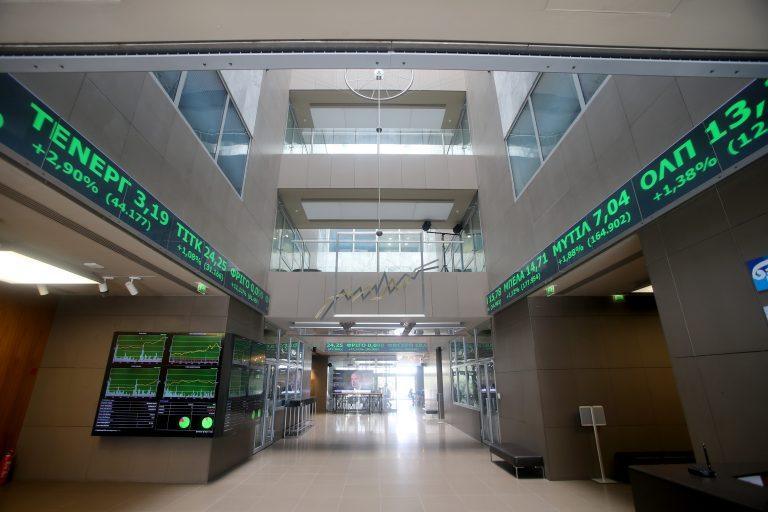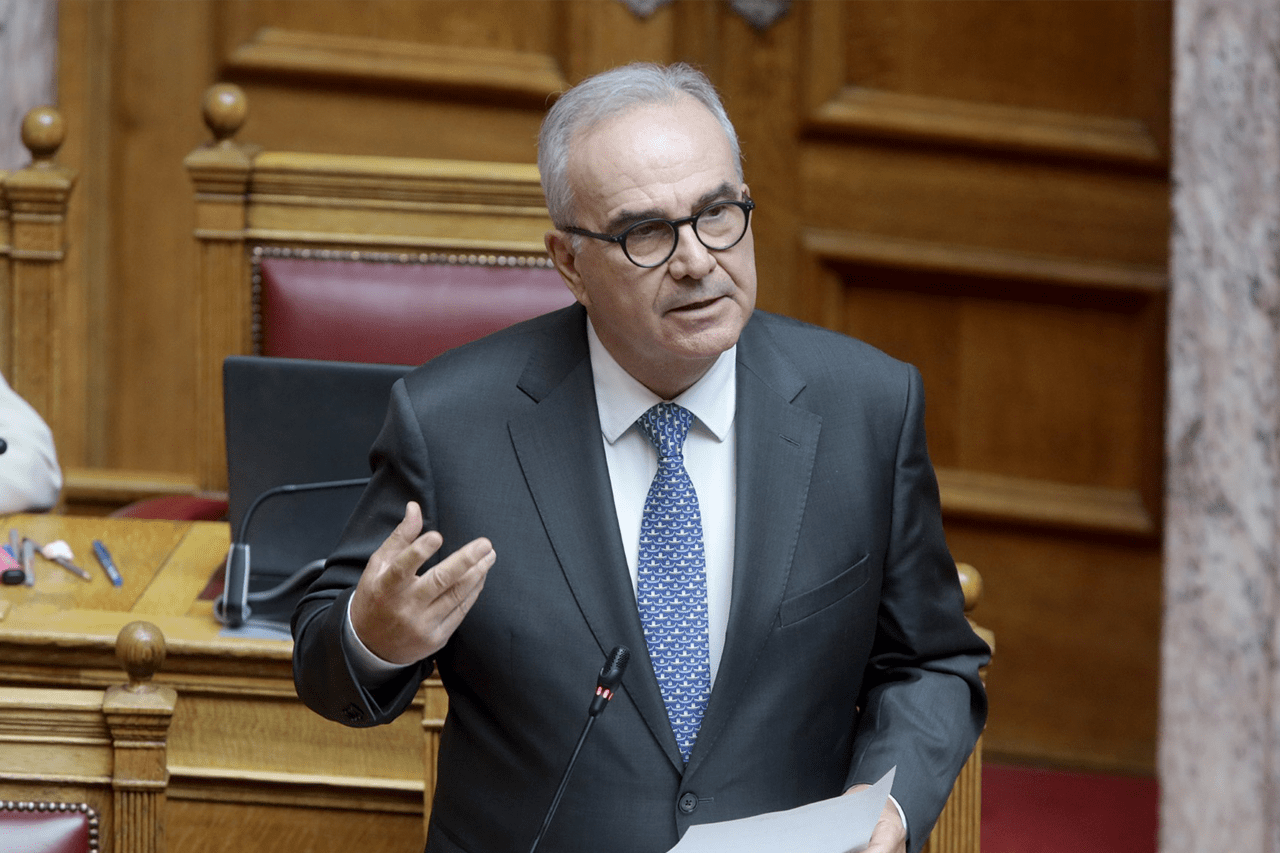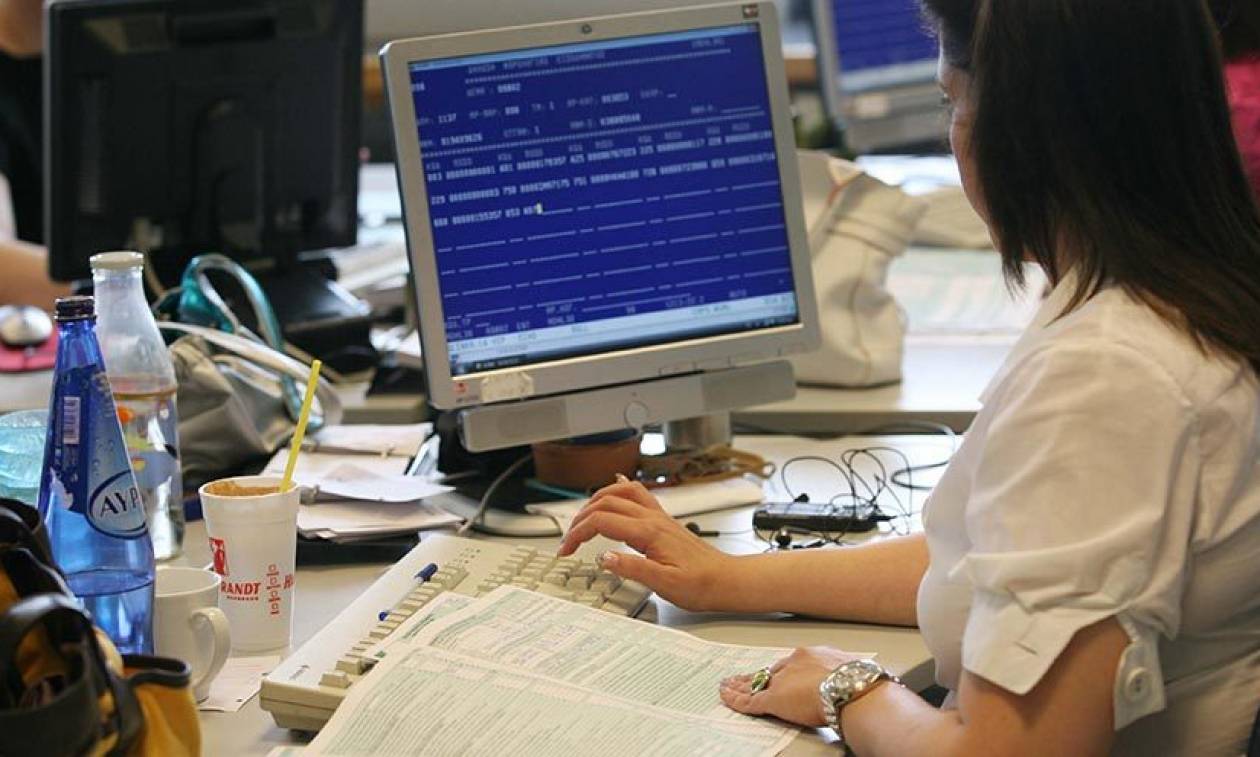The Greek Prime Minister, Mr Kyriakos Mitsotakis, is expected to announce new increases in the private sector wages as well as some changes concerning the collective agreements, during this year’s Thessaloniki International Fair.
In addition to the new increase in the minimum wage, which is set to exceed 751 euros in 2023, the Greek Prime Minister is accepting suggestions for the restoration of the legal status that applied to collective agreements before the financial crisis and the memoranda.
In this way, he will mark the end of this difficult period and he will give the impetus for a more substantial increase in wages, meeting the long-standing demand of the General Confederation of Greek Workers that the level of wages should be determined through negotiations between the employers’ and the workers’ organisations.
Lifting the restrictions on collective agreements
According to these recommendations, after the country exits from the enhanced surveillance, the Greek Prime Minister could proceed to remove the restrictions imposed – through the memoranda – on the regime of collective agreements.
That is, to restore the responsibility of setting minimum wages to the signing of a national agreement between employers and employees. Restore the post-employment validity of collective sectoral agreements, as well as the principle of the most favourable contract.
All this, together with the new increase in the minimum wage – to be set above 751 euros as in 2012 – will mark the end of memoranda and the beginning of a new era in labour relations.
It is in the next days that we will see whether the Greek Prime Minister adopts these recommendations.



